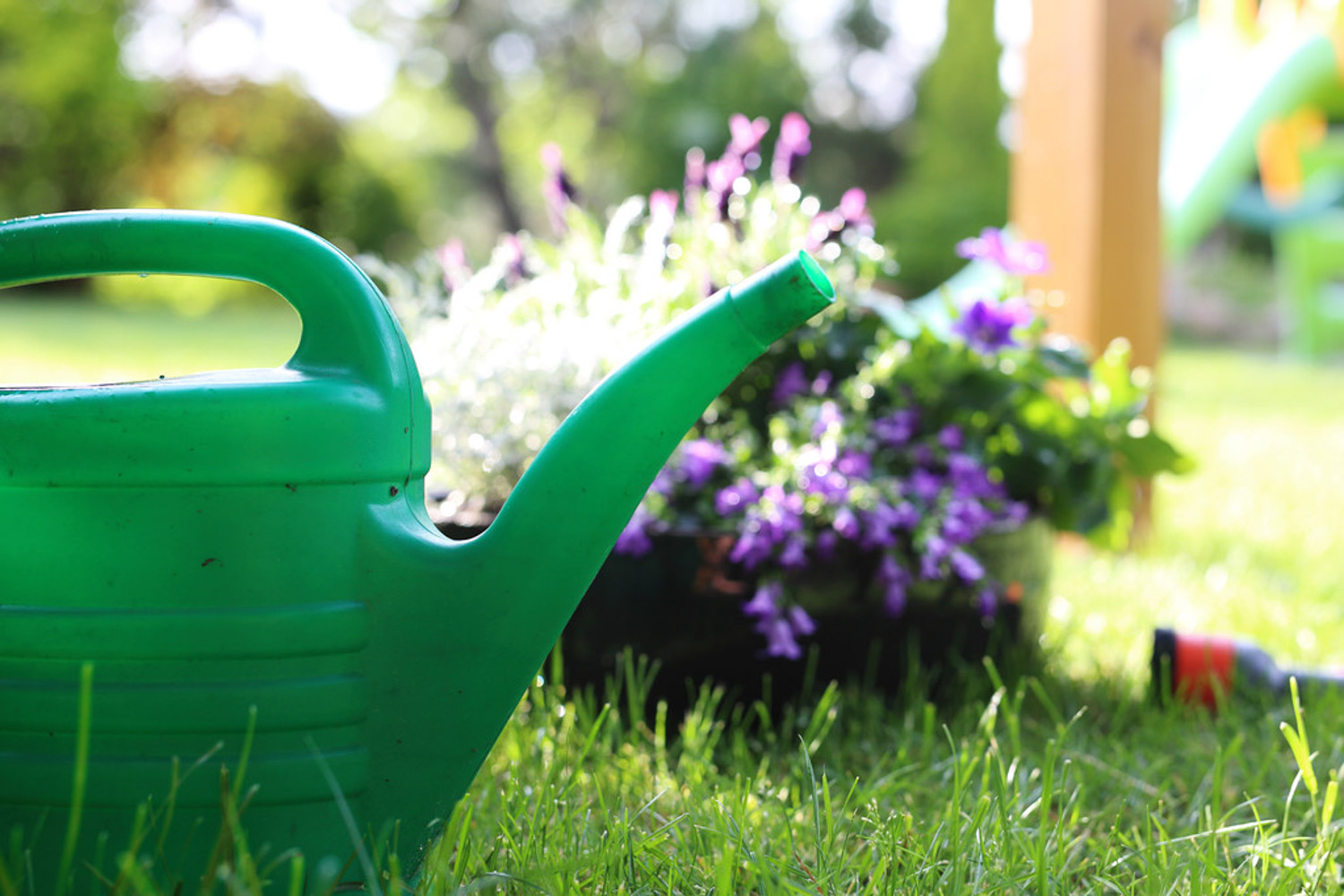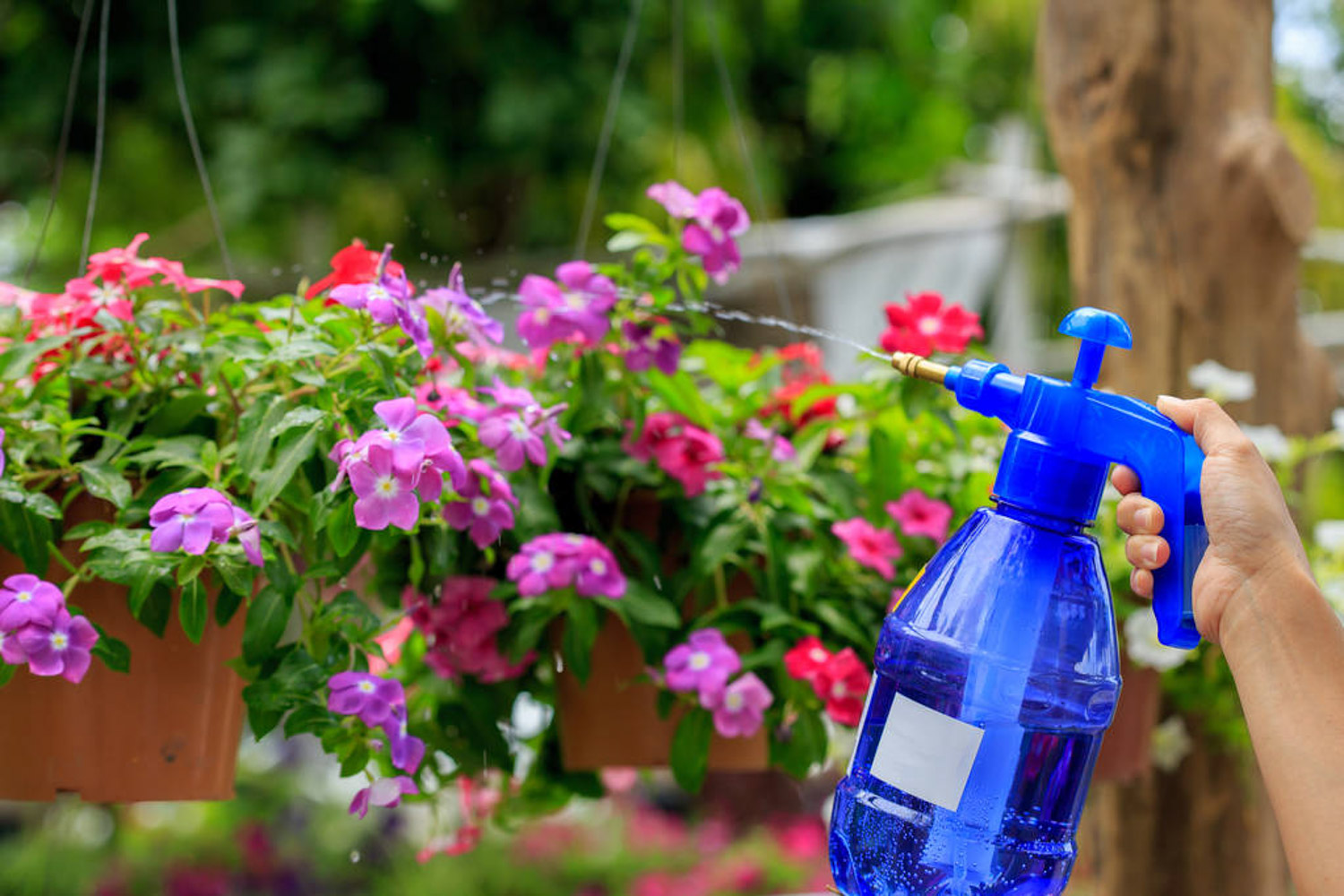1、 Benefits of watering flowers
Rice washing water contains a small amount of bran and broken rice, which contains phosphorus, nitrogen and other trace elements, which are beneficial to the growth of flowers. After use, it can help plants grow vigorously, the flower fragrance will be more intense, and the flower opening time can be prolonged. In addition, it can also prevent the occurrence of chlorosis. Its rich phosphorus can also promote the formation of flower buds. Therefore, proper use can well promote flower bud differentiation and make plants bloom more

2、 Frequency of use
Don't use rice washing water to water flowers too often. Generally, it should be used every 15-20 days. Watering flowers with it too often can easily lead to rotten roots. Moreover, when in use, it is necessary to dilute with water. Usually, the rice washing water and water can be diluted according to 1:4

3、 Precautions
1. Although using rice washing water to water flowers has many advantages, not all flowers are suitable. Only plants that like acid can be used. Some plants like alkaline, such as cactus plants. In this case, rice washing water cannot be used
2. Using rice washing water to irrigate flowers can not only improve the soil quality, but also play a role of organic fertilizer. However, it can not be completely without fertilization. It can only play a good supplementary role and can not completely replace fertilizer


 jackfruit
jackfruit snake plant
snake plant hibiscus
hibiscus hydrangea
hydrangea lavender
lavender Green roses climb al...
Green roses climb al... If you don't pay att...
If you don't pay att... Management of four g...
Management of four g...
































